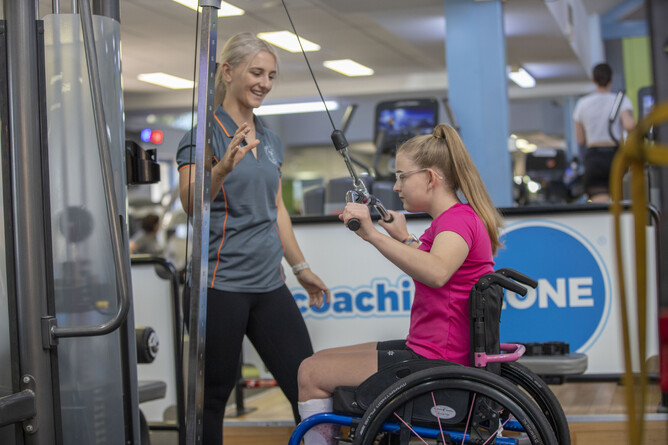Unlocking the Power of the NDIS for People with Disabilities in Perth
The National Disability Insurance Scheme (NDIS) in Australia is a transformative initiative designed to empower people with disabilities by providing them with personalised support to meet their unique needs. In Perth, the NDIS has been a game-changer, helping thousands of individuals with disabilities gain access to critical resources, including specialised exercise programs. As an NDIS exercise physiologist in Perth, I have witnessed first-hand the benefits of the NDIS for my clients, and I am excited to share how this program can improve the lives of those living with disabilities in Perth.
Understanding the NDIS
The NDIS is a federal program that provides funding and support to Australians with disabilities, aiming to improve their quality of life and promote independence. It offers a tailored approach to each participant, ensuring that the support they receive aligns with their individual goals and aspirations. The NDIS covers a wide range of services, from education and employment to health and wellbeing, with a strong emphasis on community participation.
Benefits of the NDIS in Perth
Access to tailored exercise programs
Exercise is crucial for individuals with disabilities as it helps improve physical, mental, and emotional well-being. The NDIS recognises the importance of exercise and offers funding for services provided by qualified exercise physiologists such as Holistic Strength. We design customised NDIS exercise programs that cater to the unique needs of each participant, taking into account their specific goals and abilities. These programs can help individuals with disabilities enhance their mobility, flexibility, strength, and endurance, resulting in an improved quality of life.
Collaboration with a support network
The NDIS promotes a collaborative approach to care, involving a team of professionals who work together to support the participant. This team may include exercise physiologists, occupational therapists, physiotherapists, and other allied health professionals. By working together, these experts can develop a comprehensive plan that addresses all aspects of the individual's well-being, ensuring they receive the best possible care.
Community participation and inclusion
One of the primary goals of the NDIS is to promote social inclusion and community participation for people with disabilities. By providing funding for exercise and fitness programs, the NDIS enables participants to engage in physical activities alongside their peers, fostering a sense of belonging and acceptance. This can have a significant impact on the participant's mental health and emotional well-being, as they experience the joy of being part of a supportive community.
Improved mental health and well-being
Living with a disability can be challenging, and it's essential to address the mental health aspects of disability care. Exercise has been proven to have a positive effect on mental health, reducing symptoms of anxiety and depression while promoting a sense of accomplishment and self-esteem. By funding exercise programs through the NDIS, participants can access essential mental health support, leading to a more fulfilling and enjoyable life.
Empowerment and independence
The NDIS empowers individuals with disabilities by providing them with the tools and resources they need to live their lives to the fullest. Through personalised exercise programs, participants can gain confidence in their abilities, improve their physical function, and increase their independence. This can lead to more opportunities for education, employment, and social engagement, creating a more inclusive and accessible community for all.
The NDIS has revolutionised the way Australians with disabilities access support, and Perth residents have reaped the rewards of this innovative program. By providing funding for tailored exercise programs and fostering collaboration among support networks, the NDIS has helped thousands of individuals with disabilities in Perth enhance their quality of life, promoting community inclusion, mental health, and independence. As an exercise physiologist, I am proud to be part of this transformative initiative and look forward to continuing to support my exercise physiologist clients as they work towards their goals and aspirations.
